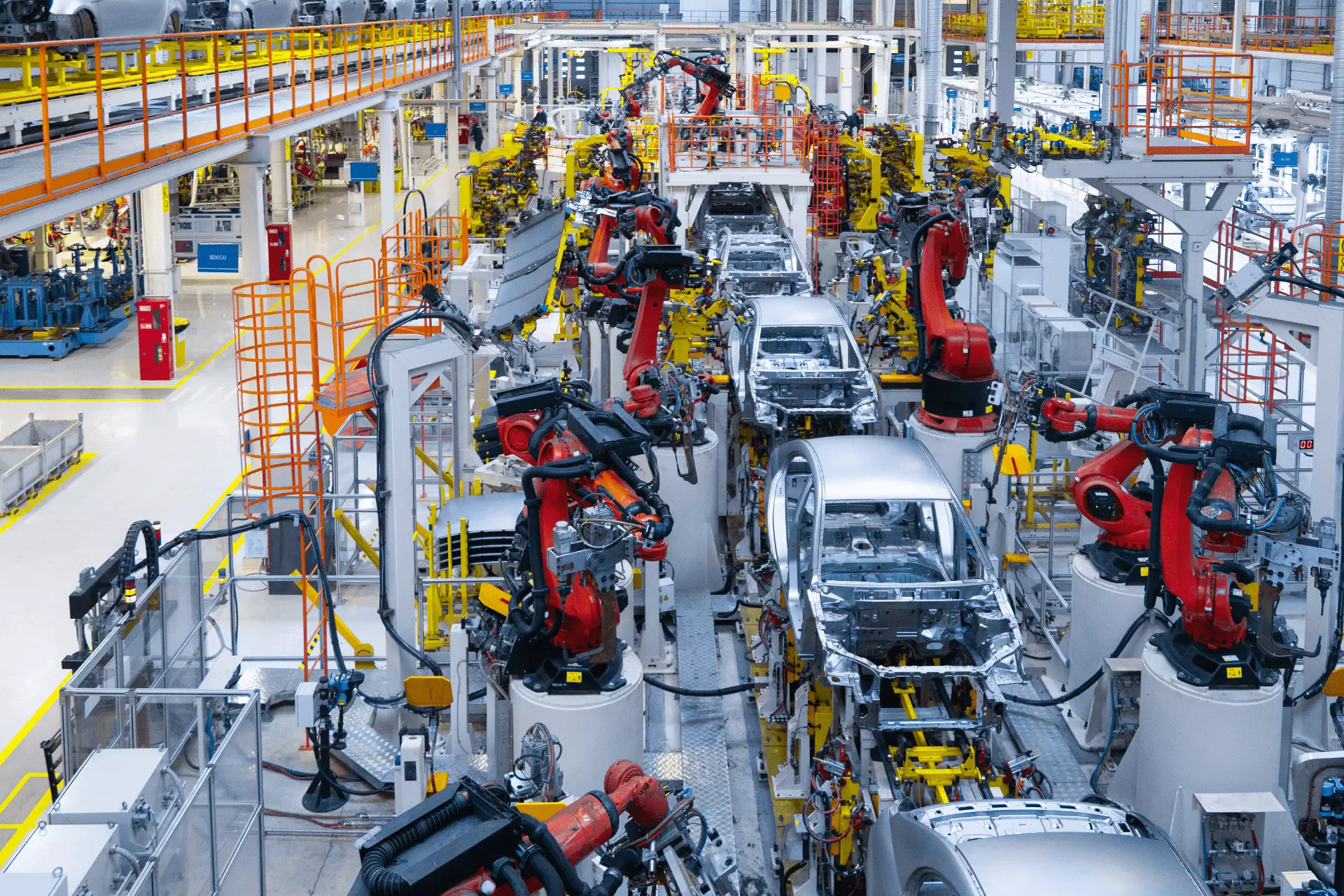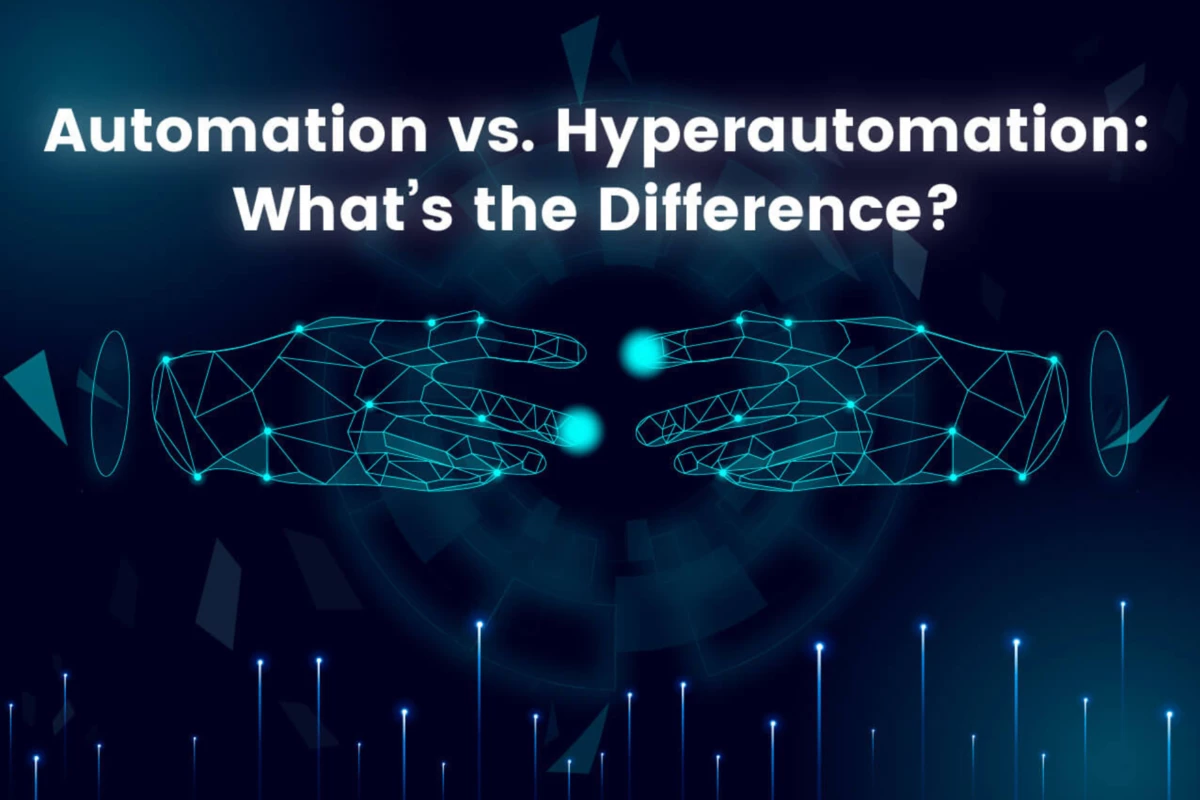Robotic Process Automation (RPA) is the fastest-growing automation technology. According to a leading critic Gartner, the RPA market might grow at higher rates through 2024 despite profitable pressures from COVID-19. Gartner also says Global robotic process automation (RPA) software might reach $1.89 a billion in 2021, an increase of 19.5% from 2020.
Businesses are decreasingly counting on RPA to streamline their operations and reduce costs. RPA allows businesses to automate largely manual and repetitious tasks that consume a significant quantity of human trouble and time. With RPA, businesses can free up their human effort and influence their intelligence and unique capacities for invention and other high-value issues. Let us understand what’s RPA and how organizations can make the utmost of RPA in alignment with their business automation goal.
RPA is a technology that uses software robots (bots) to perform work by mimicking human conduct through the user interface of any system. Multiple systems involve in each business process and automate without the need for integration or changes to the chief system. It helps businesses to restart their automation journey cost-effectively.
RPA works best for some of the most common and repetitious rules-based business processes similar as:
- Data exaction and data entry
- Data migration and verification
- Logging into any operation
- Formatting excel sheets
- Streamlining database
- Moving files and folders
- Opening emails and attachments
- Performing complex Computations
RPA Bots can do these tasks the same way every time, without any need for breaks. The Bots work as per business needs to perform multiple tasks. Adopting RPA is growing across industries, including banking and finance, healthcare, manufacturing, insurance, and life sciences. Some industries that use RPA include invoice processing, payroll operation, account reconciliation, and onboarding.
Industries that can implement RPA
The number of international companies or businesses growth is rapid. To drive effectiveness in industries, they are adapting Robotic Process Automation in many of their operations. Industries that consider RPA an expensive affair are witnessing a lot of benefits that RPA has to offer.
Some industries where RPA is implemented/adopted are:
Retail Industry
Enforcing RPA in the retail industry improves the productivity and delicacy of multiple processes, which don’t have to be manually performed by humans any longer.
RPA use cases for retail are automatic pricing and inventory management, including usage bots to gain data from client complaints and opinions. This data gets utilized by multiple departments in the organisation like marketing, sales, research & development, and manufacturing.
But there’s additional to gain in retail with RPA, as a vast number of tasks can get automated in multiple areas, including:
- Store planning,
- Stock management,
- Product categorization,
- Logistics and supply chain operation,
- Business and sales analytics,
- Launching new products,
- Client support operation,
- Consumer behaviour analysis,
- Automated client loyalty programs,
- EOD and Month- end Reporting,
- Payment processing.
Health Sector
Healthcare practices need precision the most, and rapid development in RPA can give the same perfection in functional tasks. Robotic Process Automation technology utilization is more in rehabilitation, surgery, and patient harmony.
Still, the Robotic instruments aren’t meant to take over the duties of the medical representative but rather help them by making their work easy.
RPA in Insurance
RPA helps insurers automate high-volume and unstructured processes with ease. The insurance sector has been overwhelmed with obsolete models, separate legacy systems, and paper-intensive processes. Client onboarding, claims processing, policy operation, underwriting, non-supervisory compliance, and customer service are all examples of time-consuming and manual processes that are automated with RPA. Insurers can save money and time by speeding up processes and using RPA.
Manufacturing
Manufacturing companies replaced artificial robots instead of human workers in the product line. But the need for software bots to streamline their functional processes and back-office tasks is high. RPA facilitates many reporting and executive tasks and its adoption in the manufacturing industry. It helps to strengthen supply chain procedures to bridge the gap between daily operations and hands-on assembly line manufacturing. The result is a boost in effectiveness, which increases profit, making the manufacturing industry’s back-office systems equally as productive as its factory assembly lines.
RPA in Oil, Gas, and Energy.
For multiple times oil and energy corporations have been fastening on applying automation technology to operations in the field. By witnessing success in that area, technologies are in enforcement in back-end operations.
RPA in the oil, gas & energy industry gets enforced to perform repetitious tasks in multiple areas, including general data analytics, human resources, and more, reporting for exploration, trading, and safety checklists. RPA can is applicable across a large number of processes within the industry.
Analytics of the Oil & Gas Middle East estimates that digital transition could yield around $1.6 trillion in value for the oil, gas, and energy industry by 2025. An essential part of the transition is enforcing robotic process automation, supporting companies in many areas, involving:
- Data analytics and reporting for exploration and product,
- Environmental health and safety reporting,
- Contract meter assignment,
- Process reports from administrators, drilling specialists, and well operators,
- Processing data from external geology sources for product speculation,
One of the topmost advantages of RPA in the oil, gas, and energy industry is working on a problem of integration caused by legacy systems reliance. Because nearly no coding skills are in demand to use this specific software, RPA technology is compatible with the current structure of any company and can get stationed effectively and efficiently.
RPA in Automobile
While most of the early automatization inventions in the automotive industry concentrated on the artificial aspect, analytics are seeing a shift to Robotic Process Automation Operations. According to Grand View Research, the Robotic Process Automation Market Size Report under anticipation to be an $8.7 billion request by 2024.
RPA for the automotive industry fastens up repetitious, manual tasks, boosting company effectiveness. The use of robotization ensures the elimination of manual errors, streamlining back-office operations, reducing complications of directorial processes, and perfecting relations with suppliers, dealers, and end consumers.
Tasks that RPA can break for automotive companies may be set up also in areas similar to dealer management, finances, supply chain, and logistics or insurance claims. Some industry-specific use cases include:
- Guaranteeing effective nonsupervisory compliance,
- Tracking force situations for the particular part,
- Automating client document requests,
- Logging vehicle service reports and individual data,
- Speeding up data collection and verification for automobile insurance.
The heightened demand for RPA implementation on a global business scale is very prominent in industries utilizing the technology to streamline functional procedures. There is no doubt of RPA’s capability to help to furnish overall business process effectiveness across the board concerning back-office executive functionalities. But as you can see, RPA benefits this industry in far-reaching ways specific to the conditions of each. Any industry that is reliant on computers for any small or large aspect of operations will profit extensively from the speed, delicacy, and effectiveness – and overall responsibility – of RPA. Outworks solutions provide the best RPA services and help your company have smooth automation. For enquiry, contact us today.



